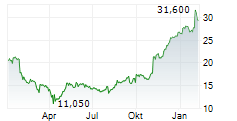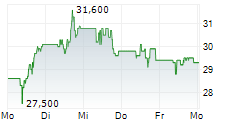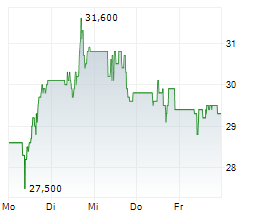PETAH TIKVA (dpa-AFX) - Teva Pharmaceuticals, a U.S. affiliate of Teva Pharmaceutical Industries Ltd. (TEVA), announced results from a study of treatment patterns among patients with tardive dyskinesia (TD) residing in long-term care (LTC) facilities, highlighting a critical gap in tardive dyskinesia diagnosis and treatment.
The study's key findings indicate that among residents receiving antipsychotic drugs (APDs), 5.6% were diagnosed with extrapyramidal syndrome (EPS), a term encompassing drug-induced movement disorders for which no universally effective treatment exists. Additionally, 1.1% had a confirmed diagnosis of tardive dyskinesia.
The most common comorbidities observed in residents on antipsychotic drugs at risk for TD included dementia, chronic pulmonary disease and congestive heart failure. Moderate or severe liver disease was observed in less than 1% of residents on APDs.
Less than half of patients diagnosed with TD residing in LTC settings received the standard of care treatment recommended by the American Psychiatric Association a vesicular monoamine transporter 2 inhibitor (VMAT2i). The majority were treated with a non-FDA approved treatment, primarily benztropine, and a quarter were not treated at all.
Tardive dyskinesia remains a challenge to identify and is often mistaken for other conditions resulting in undertreatment or inappropriate treatment, often because of confusion about the symptoms a patient is having and also around appropriate treatment options.
According to the company, the findings illustrate that a substantial portion of individuals with TD residing in LTC facilities are at risk of not receiving an appropriate diagnosis or proper standard of care, highlighting the need for more intensive evaluation of residents in LTC for TD, to improve the accuracy of diagnoses and the provision of proper treatments.
For More Such Health News, visit rttnews.com.
Copyright(c) 2025 RTTNews.com. All Rights Reserved
Copyright RTT News/dpa-AFX
© 2025 AFX News




